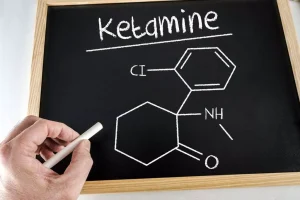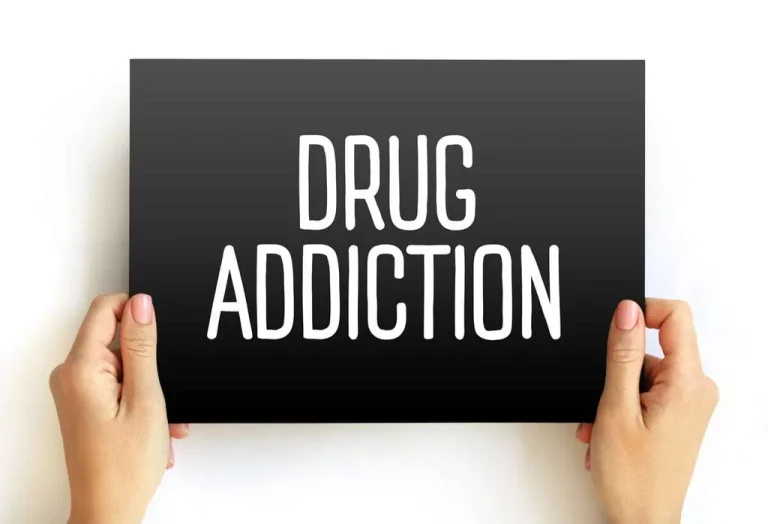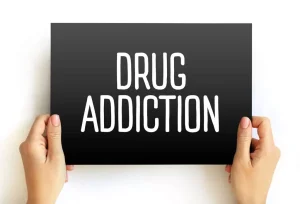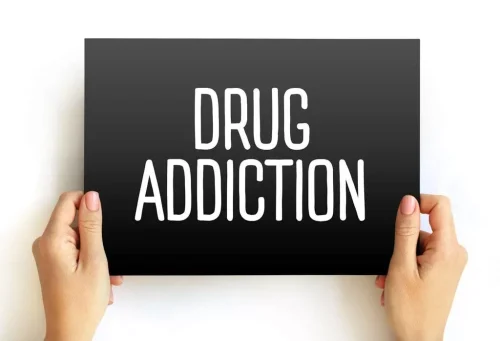
Shame and silence only keep the cycle of addiction going, but searching for help and backing others can break the chains. By understanding the fantasies compared to truths, people can travel through this journey with knowledge and power. Embrace a life without drugs or alcohol to uncover simple pleasures.
Illuminate Eating Disorders Awareness Week: Uncover signs, seek help, break stigmas, and embrace healing.
- The truth is that relapse is a common part of the recovery process and should be viewed as an opportunity to learn and grow rather than a failure.
- In truth, anyone can struggle with addiction, no matter their race or background.
- There is a common misconception that addiction only affects certain types of people.
- By understanding the fantasies compared to truths, people can travel through this journey with knowledge and power.
Substance use or addictive behaviors may initially be used as a way to cope with these underlying issues, but they can ultimately exacerbate the problem and lead to addiction. Creating safe spaces both online and offline lets individuals share their experiences without judgment or shame. This helps break down barriers, providing much-needed support to those suffering from addiction. Dispelling shame and discussing addiction’s impact are key steps to heal society’s wounds. Misconceptions swirling around addiction and recovery often hinder our understanding of these topics. In this section, we’ll debunk prevalent myths by shedding light on the facts.
- It is characterized by compulsive drug or alcohol use despite negative consequences.
- However, it is important to debunk these myths to promote understanding and support for those struggling with addiction.
- Addiction can affect anyone, regardless of their background, social status, or personal values.
- This misconception stems from a lack of understanding of the complex nature of addiction and the recovery process.
Shame and its Impact on Seeking Help and Discussing the Impact of Addiction
Addiction is often seen as a defining characteristic of an individual. This notion can lead to stigma and discrimination, painting a narrow view of who a person is. It is essential to understand that a person’s identity is multifaceted and not solely based on their struggles with addiction. Substance use alters the brain’s reward system, affecting how an individual experiences pleasure and reward. When certain substances are consumed, they can lead to significant changes in neurotransmitter levels, most notably dopamine.

REQUEST A CALL FROM OUR TREATMENT CENTER IN LOS ANGELES CA

We should also provide tailored treatment for those struggling with addiction. It should be based on the individual’s needs and circumstances, no matter their age, income, ethnicity, religion, family, or profession. Plus, everyone should have access to affordable treatment options. While it helps, specialized treatment and support make a big difference. Treating the person holistically – addressing underlying issues, providing counseling and https://ecosoberhouse.com/ therapy, and putting in strategies to prevent relapses – increases chances of success. The issue of addiction has been viewed through a moral lens instead of a health one.

People wrongly think they are safe because they come from healthcare professionals. We need to educate people about responsible medication use and the risks of certain drugs, so misuse can be prevented. Addiction is a complex illness that affects both physical and mental health; it can’t be judged based on outward looks alone. So, to fight the stereotypes, we must address the root causes of addiction, and show compassion and support to those who need it. It’s a myth that addiction only affects those with a specific physical appearance.
How does addiction affect the brain’s reward pathway?

Addiction is surrounded by numerous myths and misconceptions that can hinder understanding and support for those affected. Many individuals hold beliefs about addiction that are misleading and prevent a compassionate approach to the issue. Clarifying these falsehoods is essential for fostering a more accurate perspective on addiction and recovery. Dispelling myths about addiction and recovery is crucial for better understanding and support. Recognizing the complexities of addiction and the importance of comprehensive treatment can help individuals seek the help they need.
Myth 1: Addiction is a choice or moral failing
Waiting a longer time, however, increases damage done to the person’s relationships, job, and health and also strengthens the relationship between the drug and the person. Over my 50-year career as an addiction researcher, these are the most common misconceptions I’ve heard about people with alcohol and drug addictions. When you enter into addiction treatment, you may encounter friends or family members who don’t understand what you’re doing or why you’re doing it. It’s important to remember how hard it was to take a step toward recovery, and it’s something to be proud of. If you enter our residential program, you can expect healthy meals, time to socialize with peers and comfortable surroundings designed to help you relax and focus on myths about addiction and recovery recovery. You’ll have time to yourself and, as your program progresses, you may even be able to have visits with loved ones.








